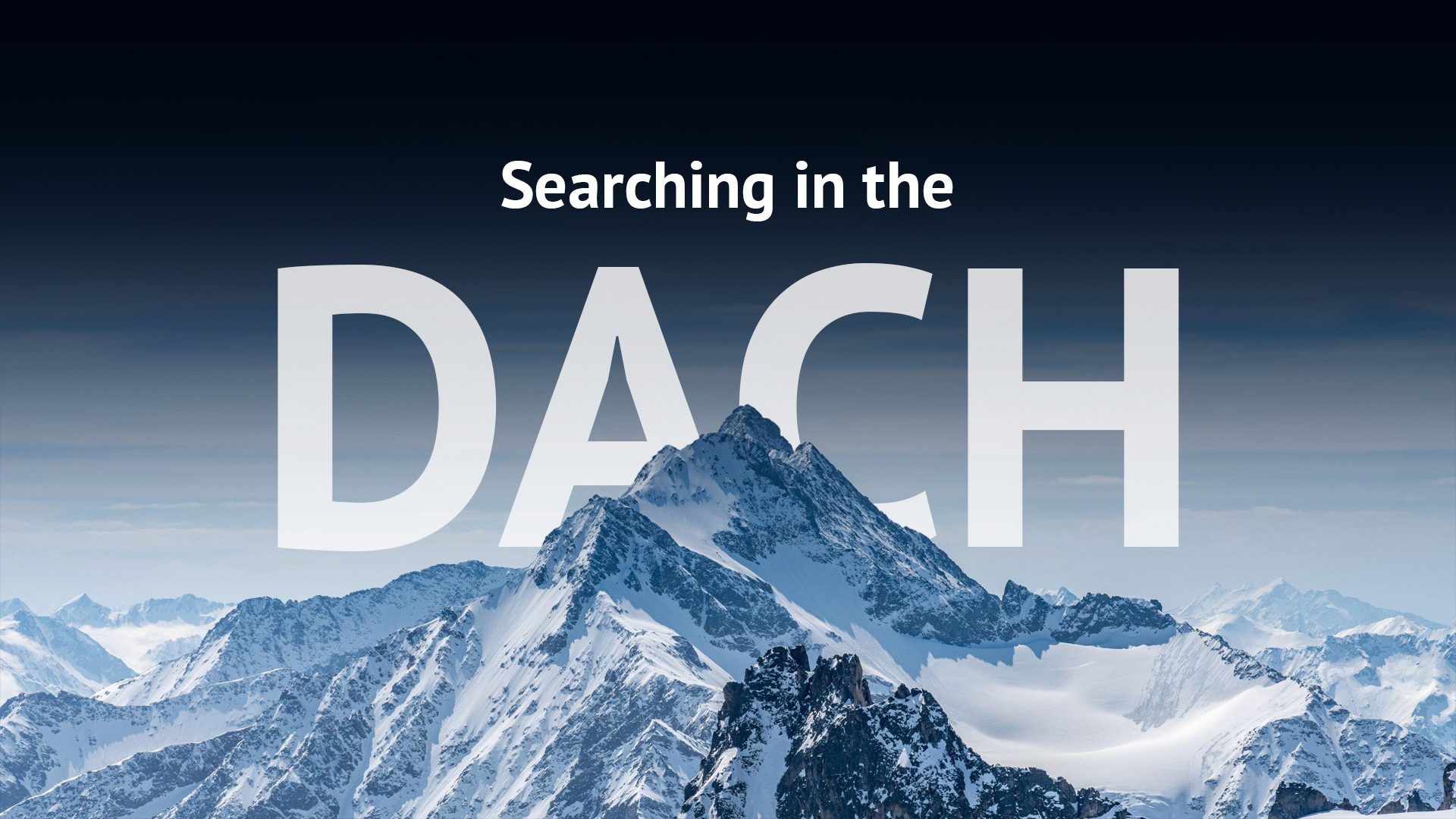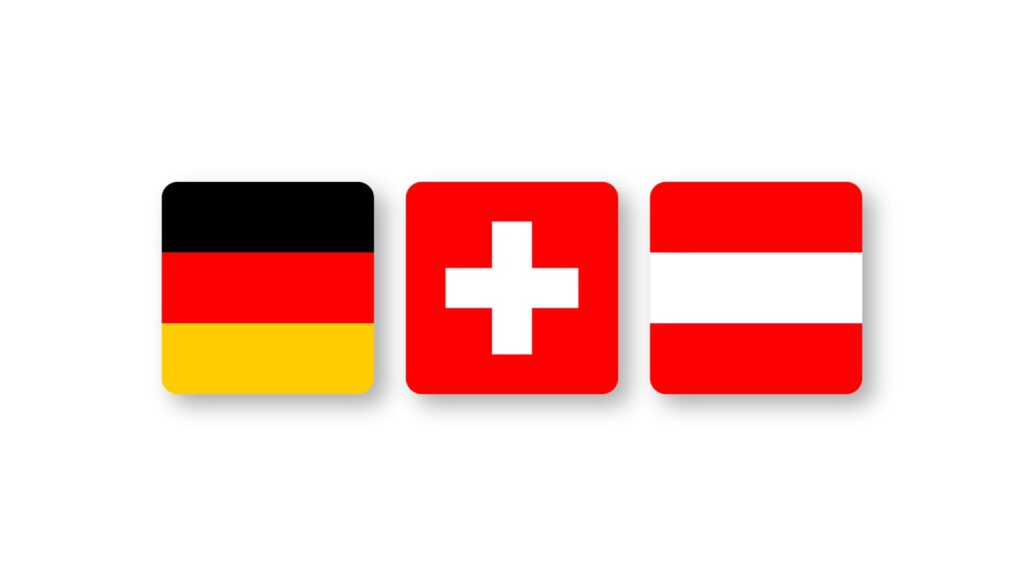Last week, we published a deep dive into the German Search Fund landscape, charting its progress since Alexander Kirn’s first fund in 2009 and exploring what’s ahead for searchers and investors alike.
However, many German-speaking entrepreneurs don’t limit their sights to Germany alone. The DACH region, comprising Germany, Austria, and Switzerland, represents a broader, highly attractive market for search funds. But it also comes with a distinct set of challenges.
Germany is by far the largest market in the region, with over 84 million inhabitants and the biggest economy in Europe, accounting for nearly 77% of the DACH region’s combined GDP, which totaled approximately $5.94 trillion in 2023. However, Austria and German-speaking Switzerland also offer a wealth of attractive SMEs and can, in many cases, be more navigable due to their smaller scale and business ecosystems.
To better understand what it takes to navigate the region successfully, we revisited our interview with Anton Stockert and Stephan Pöll, co-founders of ASPEON Partners, a search fund focused on acquiring and operating businesses across the DACH region – who we proudly support.
With professional backgrounds in consulting, finance, and industry, the duo brings both a complementary skill set and deep regional insight.
Here are 4 lessons they’ve learned that every searcher eyeing the DACH region should take to heart:
1. Cultural nuance matters, even within the same language
At first glance, a shared language across Germany, Austria, and Switzerland may suggest a homogenous market but the reality is more nuanced.
As Anton Stockert explains, “Austria’s business culture can be quite distinct from Germany’s, and Switzerland is its own world entirely.” For ASPEON, that means approaching Switzerland opportunistically and primarily through broker-sourced deals, given the unique cultural and legal landscape.
Searchers should treat each country as its own market, investing time in understanding local etiquette, expectations around dealmaking, and how trust is built with sellers and advisors.
2. Local networks are your greatest asset
The European search fund ecosystem is still relatively young. For this reason, early access to the right network—fellow searchers, investors, advisors, and operators—is one of the most important success factors.
“Building your network early helps not just with sourcing and diligence,” says Stephan Pöll, “but also with understanding how to navigate sector-specific challenges across different countries.” Informal conversations with local entrepreneurs, regardless of whether they’re ready to sell, can also be invaluable.
3. Consider a phased regional approach
One practical strategy ASPEON recommends is beginning in Austria. With a smaller, more concentrated market, Austria offers an opportunity to refine your outreach process before scaling efforts into Germany, where both deal volume and complexity increase significantly.
ASPEON balances proprietary outreach with broker-sourced leads, and adapts across sectors based on seller response time and market dynamics. For many searchers, this hybrid approach is more effective than relying solely on one channel.
4. Personal flexibility is a competitive advantage
Geographical flexibility is often essential. While the DACH region is well-connected, many of the most promising businesses are located outside major cities.
Anton and Stephan both stress the importance of being open to relocation and preparing family and personal life for the long-term nature of a search fund journey, typically a 5–7 year commitment. Willingness to move to where the opportunity is (including smaller towns or rural areas) can be a major differentiator.
Some final thoughts…
The DACH region remains one of the most promising markets for search funds in Europe but success here requires more than just capital and ambition. It takes local sensitivity, a strong network, strategic focus, and personal commitment.
At Moonbase Capital, we’re proud to support a number of searchers across the DACH region and collaborate closely with Seqos Capital, Germany’s dedicated Search Fund accelerator. As the ecosystem matures, we’re excited to see more operators bring the model to life across all three countries.


